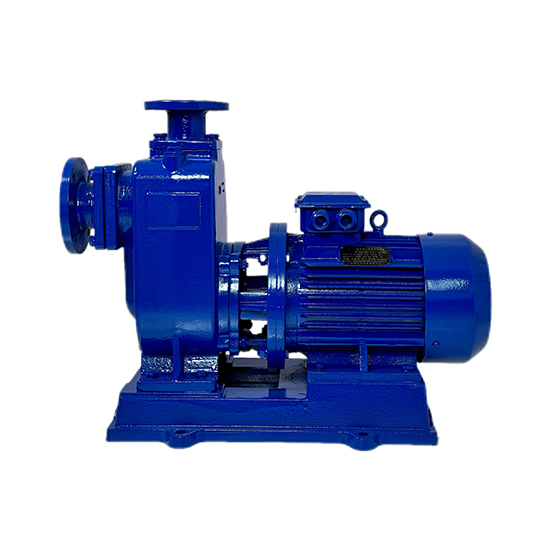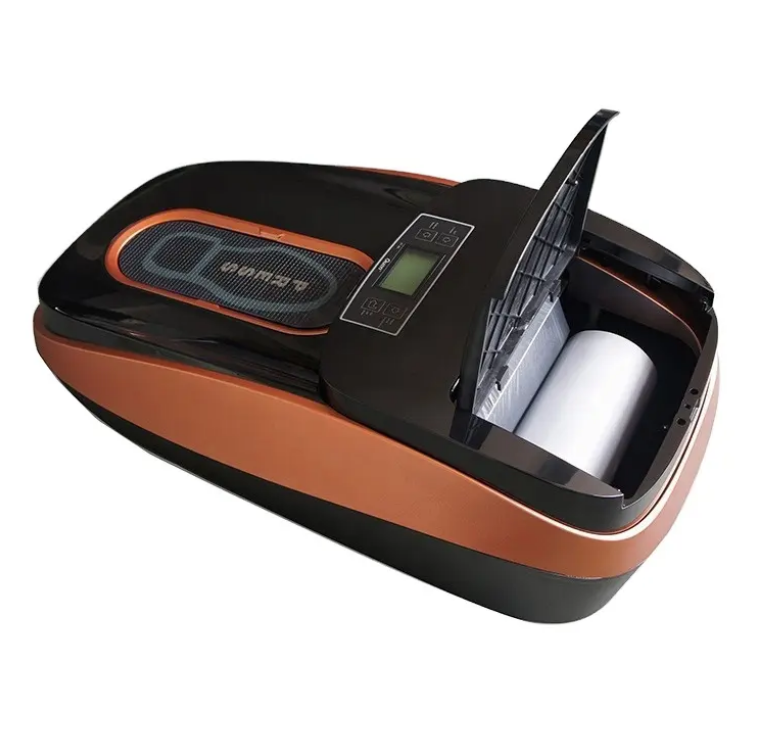The Longevity of Hybrid Cars: Unveiling the Secrets Behind Their Lifespan
2 min readHybrid cars have gained immense popularity in recent years due to their eco-friendly nature and fuel efficiency. However, one question that often arises in the minds of potential buyers is, "How long do hybrid cars last?" In this blog post, we will delve into the factors that influence the lifespan of hybrid cars, debunk common misconceptions, and provide valuable insights to help you make an informed decision.
- Battery Technology and Lifespan:
The heart of a hybrid car lies in its battery pack, which powers the electric motor. Contrary to popular belief, modern hybrid car batteries are designed to last significantly longer than their predecessors. Most manufacturers offer warranties ranging from 8 to 10 years, indicating their confidence in the longevity of these batteries. Advanced technologies, such as nickel-metal hydride (NiMH) and lithium-ion (Li-ion), ensure improved durability and performance. - Maintenance Practices:
Proper maintenance plays a crucial role in extending the lifespan of hybrid cars. Regular servicing, including battery health checks, ensures optimal performance and early detection of any potential issues. It is essential to follow the manufacturer's guidelines for maintenance intervals and recommended procedures. Additionally, keeping the battery at an appropriate temperature range and avoiding extreme weather conditions can significantly enhance its lifespan. - Driving Habits and Conditions:
Driving habits and conditions also impact the lifespan of hybrid cars. Hybrids excel in stop-and-go city driving, where the regenerative braking system recovers energy that would otherwise be wasted. Frequent long-distance highway driving, on the other hand, relies more on the internal combustion engine, potentially reducing the overall efficiency and lifespan of the vehicle. Additionally, harsh driving conditions, such as excessive speeding or off-road driving, can put additional strain on the hybrid components. - Technological Advancements:
As technology continues to evolve, hybrid cars are becoming more durable and reliable. Manufacturers are investing in research and development to improve battery efficiency, reduce charging times, and enhance overall performance. The integration of artificial intelligence and predictive algorithms allows for better battery management, ensuring optimal charging and discharging cycles, thereby extending the lifespan of hybrid cars. - Resale Value and Long-Term Cost Savings:
Hybrid cars tend to retain their value better than traditional gasoline-powered vehicles. The longevity of hybrid cars, coupled with their lower fuel consumption and reduced emissions, makes them an attractive option for environmentally conscious buyers. Additionally, the long-term cost savings associated with lower fuel and maintenance expenses can offset the initial purchase price, making hybrid cars a financially viable choice.
Conclusion:
In conclusion, hybrid cars are designed to last for a considerable period, with battery technology advancements and proper maintenance playing vital roles in their longevity. By understanding the factors that influence the lifespan of hybrid cars, potential buyers can make informed decisions and enjoy the benefits of eco-friendly transportation for years to come. Embrace the future of automotive technology and contribute to a greener planet with a reliable and long-lasting hybrid car.



